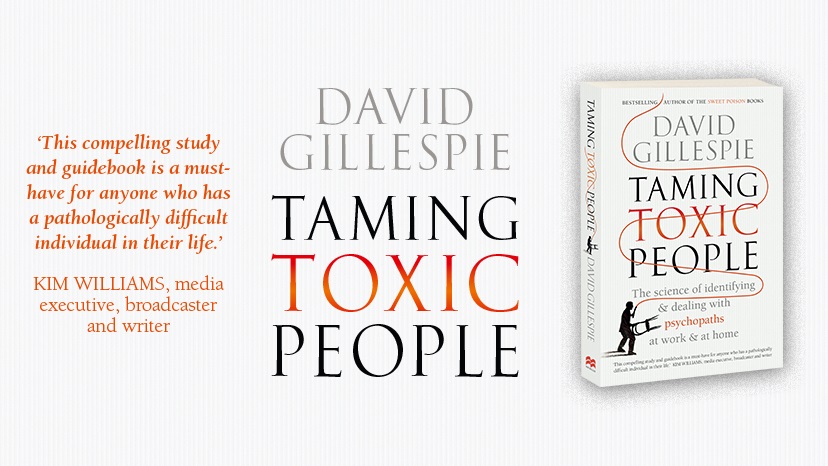
Picture yourself in a dimly lit casino, locked in a high-stakes poker game. Your opponent is unnervingly calm, sporting a grin like a shark that just smelled a bleeding guppy. They bet aggressively, with an air of absolute certainty that makes you question not only your own hand, but your grasp on reality itself. Worst of all, you slowly realise the deck is rigged, the dice loaded, and your opponent couldn’t care less about being caught. And did I mention they have a photo of the casino owner doing something deeply questionable with a goat? Welcome to the soul-crushing reality of dealing with a true psychopath.
It’s not mere selfishness or a lack of conscience that sets them apart, sadistic though those traits may be. Psychopaths exist on a different plane, a cruel game of Monopoly where they start with all the Hotels and a “Get Out of Jail Free” card tattooed on their forearm. Imagine empathy as a fundamental sense they simply lack – like a blind person unable to see colour, or a deaf person unable to hear a symphony. This manifests in their inability to feel guilt or remorse. It is a profound disconnect, confirmed by brain scans revealing eerily dark regions where compassion should reside.
Experiments with electric shocks (performed at a time when ethical concerns were less pressing) have proved psychopaths lack the fundamental fear response most of us take for granted. No sweaty palms before a big lie, no racing heart when they casually throw a colleague under the bus to seize credit. This unflinching boldness might be the envy of the boardroom and the Parliament, but it’s deeply unnerving when used to systematically dismantle your sanity.
So, if you were hoping a well-crafted moral lecture might reignite their dormant conscience, save your breath. You have a better chance of teaching a goldfish to tap dance. Confronting a psychopath is like shouting insults at a particularly smug brick wall – satisfying for approximately five seconds, and guaranteed to backfire spectacularly. These monsters view any disagreement, even minor dissent, as a declaration of war. Their preferred method of vengeance is the meticulously crafted takedown, executed with the precision of a hitman and the deniability of a seasoned politician caught with his trousers around someone else’s ankles.
What, then, can you do besides fleeing to a remote island (which probably has terrible WiFi and far too many spiders)? You need to change the game they think they’re playing. They operate in a world devoid of genuine affection, where the only currency is power and manipulation. Render yourself utterly useless in this economy by employing the following tactics:
- Prioritise Self-Preservation: Walking away might feel like defeat when every movie has taught you to fight back. But with the psychopath, disengagement is victory. They thrive on chaos and conflict, so starve them of the drama.
- Embrace the Banal: Channel your inner tax auditor. Be meticulously polite, relentlessly boring. Refuse to offer juicy personal details, no tears, no outbursts. They depend on exploiting your vulnerabilities, so don’t hand them the ammunition.
- Document Everything, Discreetly: From a suspicious “scheduling error” that tanked your project to those snide comments disguised as jokes – this is your evidence. Psychopaths are masters of plausible deniability, but a pattern of cruelty is hard to dismiss. Share this documentation only with those you absolutely, irrefutably trust (and check their closets for recording devices, just to be safe).
- Grey Rock Supreme: This isn’t just about acting dull. Limit all information, even benign details. Short, factual responses are your weapon. They want to dissect your personality for weaknesses. Become unreadable, as thrilling as a beige phonebook.
- Unexpected Alliances: Psychopaths often create a court of admirers via charm and intimidation. Remember, they’ve likely discarded countless others along the way – the quiet ones, the kind souls who were deemed too naive for their games, or the people who wised up too quickly. Seek these people out discreetly, build a network of support outside the psychopath’s sphere of influence, a resistance army of the quietly sane.
It may feel deeply unsatisfying, this war waged with subtle manoeuvres instead of a triumphant public showdown. But true victory lies in recognizing the psychopath’s fundamental difference, refusing to play their twisted game. The good news is, psychopaths can’t truly understand the human connection and happiness they lack. The bad news is, they’re often very good at making sure you can’t enjoy it either. Their games are exhausting, designed to wear you down. But true victory lies in not letting them steal your joy or your sanity.















Recent Comments